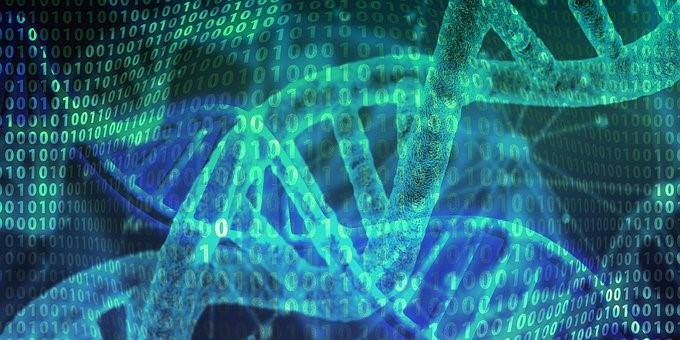Climate change, population growth and antimicrobial resistance have led to the emergence of new microbes and the transformation of previously controlled diseases. Thus, environmental data archival efforts and human disease trend detection are now more critical than ever. Municipal wastewater is a source of various markers that reflect comprehensive unbiased health information of the entire community. Wastewater-Based Surveillance (WBS) can be used for biological data such as for monitoring local clinically important indicators. It is also suitable to chemical markers, such as environmental toxins, pollutants, lifestyle factors, oxidative stress hormone levels or consumption patterns of food items. Biomarkers and chemical markers end up in wastewater through human excrement, especially in places where the use or prevalence of these factors is high. Our research group has experience in the surveillance of pathogens in municipal wastewater and sewage sludge, and now we expand our analyses of other biomarkers and chemical markers in wastewater from different sources.
The use of mineral fertilisers acidifies the soil while microorganisms release the organically bound nutrients of organic soil conditioners slowly for the use of plants. The use of recycled fertilisers would also help the fight against climate change because the soil acts as a carbon sink that stores carbon derived from organic matter. If properly analysed, organic materials could be used and microbiologically recycled more safely.


